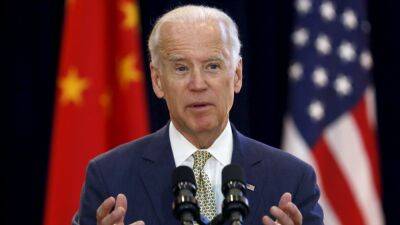Global supply chain crisis fuels push to local manufacturing as China’s appeal dims
Everyone has a story to tell about the supply chain problems that have affected the global economy, from the beginning of the pandemic through to the disruption caused by the war in Ukraine. From shortages of Ikea furniture and Christmas turkeys, to the dearth of computer chips that sent the cost of secondhand cars soaring, the dislocation of a once smooth-running system has caused havoc in the global economy.
But while predictions about the easing of bottlenecks have come and gone without any improvement, it has become clear the disruptions of the past two years or more are spurring fundamental changes to the world economy that could have yet more profound impacts on our lives.
In Washington this week, a hearing has been convened by the government’s China economic and security review commission to examine how to ease America’s reliance on China’s massive manufacturing base for goods, spare parts and materials of all kinds.
Anxiety in the US about dependence on China has been building for years and led to the Trump tariff war against products from its superpower rival. But the pandemic disruptions – still rumbling on thanks to China’s drastic zero-Covid strategy shut down the economic hub of Shanghai for two months this year – have prompted a major rethink of how companies should organise themselves. Amid the buzzwords such as “reshoring” and “diversification” is the basic need to make western economies less reliant on China and other far-off manufacturing centres.
US president Joe Biden said at the opening of the summit of the Americas on Wednesday night that the region had to invest in ensuring that supply chains were more secure and more resilient.
His administration has already legislated for a $250bn fund to boost US
Read more on theguardian.com


















